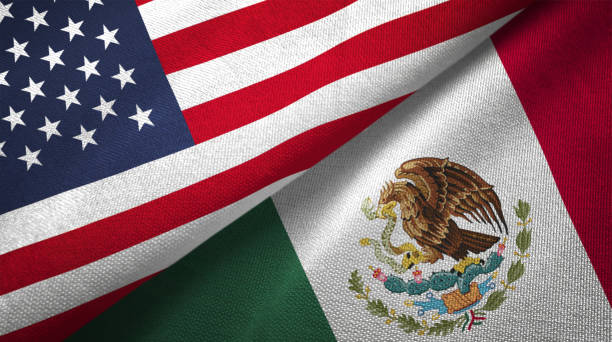When looking back at World War II and U.S. veterans, the perspective of thousands of White and Black soldiers is heavily presented. Little to no perspective of the thousands of Mexican-American soldiers is known. Mexican Americans were either drafted or volunteered for the U.S. armed services, and at the end of the war received the highest percentage of Congressional Medal of Honor winners of any minority in the United States. History has not shown the struggles of returning to the U.S. with expectations of a better future for Mexican Americans but coming home to disappointment.
During WWII, around 500,000 Mexican-Americans served in the U.S. military fighting for liberty and equality. They went to war to prove their citizenship and allegiance to the country that had taken them in. The war had offered them a new opportunity to be integrated with White soldiers and the opportunity to gain a higher rank within the armed forces and a relationship with White soldiers that they never had in their communities. When returning home, Mexican-American veterans came face-to-face with the same issues they had prior to the war. This time around they were no longer willing to accept second-class citizenship, limited opportunities, and segregation. The veterans had seen tyranny abroad and did not want to face it any longer at home.
The beginning of the fight for Mexican-American veterans’ rights can be tracked to 1948 when Mexican-American war veterans created the American G.I. Forum, with the direct goal of helping War veterans and later Mexican-Americans’ civil rights. An example of their work in their early years involves a situation in which a Texan funeral home denied use of the chapel for the wake of Felix Longoria, a Mexican American who died in combat during WWII. The chapel offered his family a section in the “Mexican section,” a portion of the cemetery that was separated by barbed wire. This enraged the Mexican-American community and WWII veterans, who were tired of being treated as second-class citizens even after returning as war heroes. The American GI Forum dispatched multiple letters and telegrams to state and local officials condemning discrimination against a Mexican-American soldier who had given his life serving his country. This resulted in successfully obtaining a proper burial for Felix Longoria at Arlington National Cemetery. Unfortunately, there were far worse experiences that many Mexican-American veterans experienced after the war.
Most discrimination against Mexican-American soldiers went unchecked and the history of Mexican-American veterans’ involvement in WWII has been ignored. Perhaps it’s time to acknowledge what Mexican-American veterans have done for our country and what current Mexican-American soldiers will continue to do.
Written By: Events Intern, Anahi Aguirre


